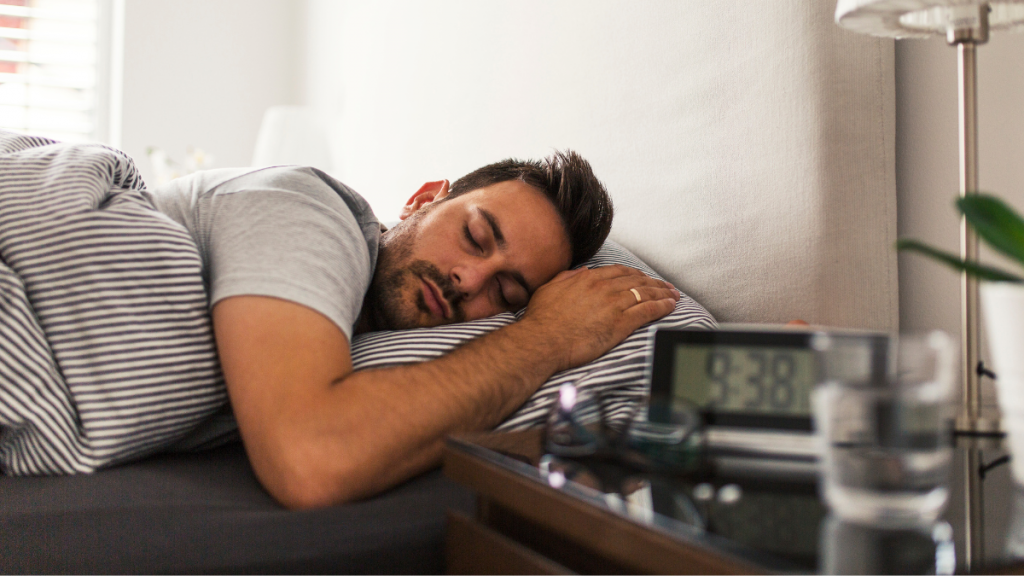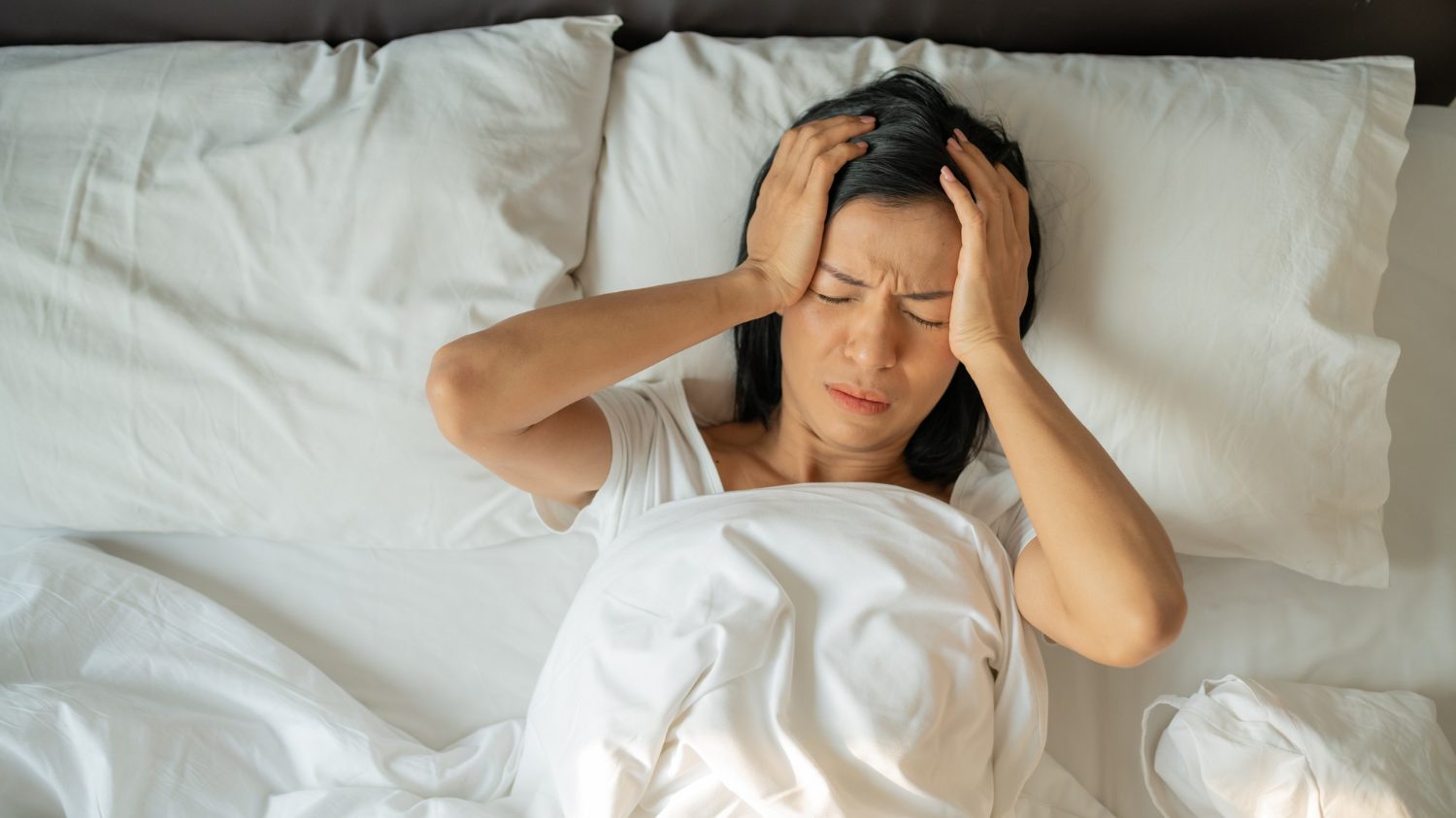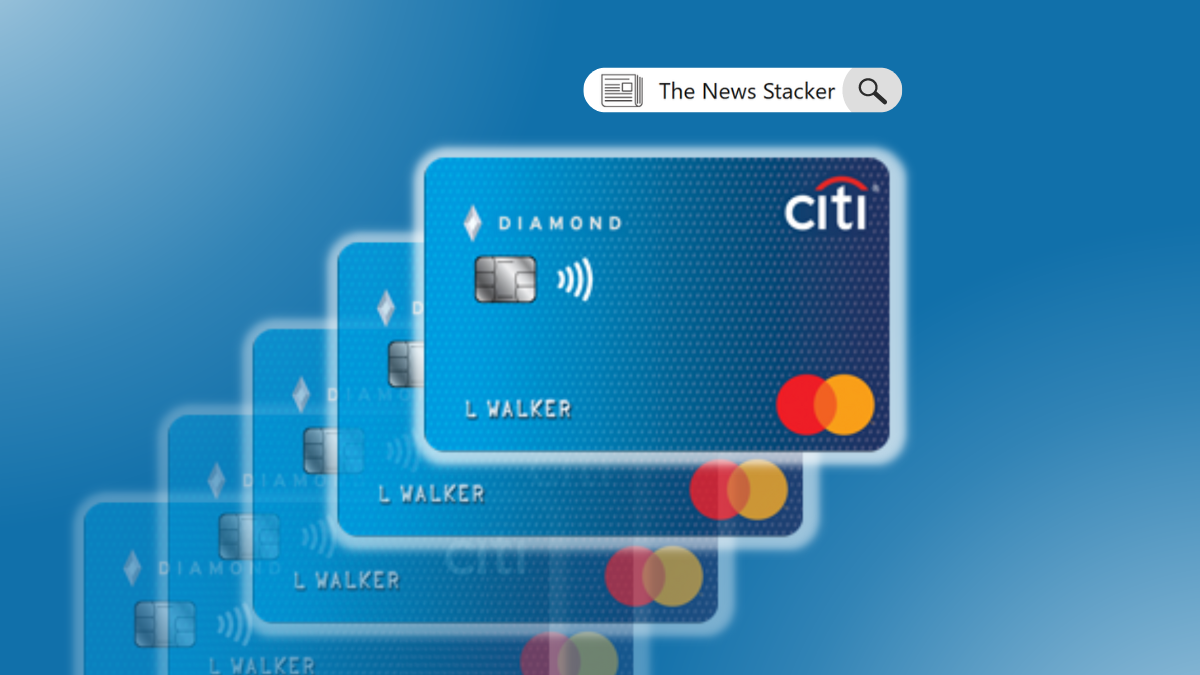Health
Learn how sleep influences your mental health
Your mind and body are in constant communication, so if you’re not getting enough shut-eye, it can lead to anxiety and depression. Here is everything you need to know about the importance of a good night’s sleep for your mental health.
Advertisement
A good night’s rest and your cognitive functions are more connected than you think

Most people don’t realize this, but how much you sleep has a direct impact on your mental health. Everyone is pretty familiar with that bad feeling that comes after a few nights of sleeping poorly.
But it’s not just fatigue. Sleep deprivation has serious mental health impacts. Below, we’ll look over the importance of a good night’s sleep and how it influences your mental health.
Keep reading to learn why enough rest is crucial for your cognitive functions and what happens when you don’t get enough of it.

The importance of self-worth and self-esteem
Find out why it is important to have a high sense of self-worth and self-esteem, and how these two concepts differ from each other.
Why is sleep important for your mental health?
Most people know that sleep is important for overall physical health, but what many don’t realize is that sleep is just as essential for maintaining mental health.
Sleep plays a vital role in brain function, helping to consolidate memories and support learning.
That is because during sleep, the brain has an opportunity to rest and recover from the day’s activities. Sleep also helps to protect the brain against damage and disease.
In addition, sleep helps to regulate mood and reduce stress levels. without adequate sleep, people are more likely to experience anxiety, depression, and other mental health problems.
Furthermore, sleep is thought to be crucial for maintaining a healthy weight. A lack of sleep can lead to increased appetite and cravings for unhealthy food.
So next time you’re feeling overwhelmed, don’t overlook the importance of a good night’s sleep. It could be the key to improving your mental health.
Check if you are pre-approved for credit cards and loans with no impact to your credit score
You will be redirected to another website
You’ll receive messages for less than 1 week, with a maximum of 1 message per day. You can unsubscribe anytime by replying STOP. By submitting this form, I confirm that I am 18+ years old and agree to the Privacy Policy and Terms and Conditions. I also provide my signature, giving express consent to receive informational messages via automated emails, SMS, MMS text messages, and other forms of communication. Message frequency may vary as part of our good-faith effort to respond to your inquiry. Message and data rates may apply. Text STOP to cancel. I understand that my consent to receive communications is not a condition of purchase and that I may revoke my consent at any time.
How can sleep deprivation affect your mental health?

People often don’t think about the importance of sleep until they start feeling the negative effects of not getting enough.
Lack of sleep can have a significant impact on your mental health, leading to long-lasting problems.
Below, we’ll discuss how sleep deprivation can affect your mood and how you can start getting the right amount of shut-eye for optimal mental health.
Lack of sleep can affect your mental health with mood swings
Sleep deprivation can have a serious impact on mental health. One of the most obvious ways it can affect mental health is through mood swings.
When you’re sleep deprived, you’re more likely to get irritable and anxious. You might find yourself snapping at people for no reason or feeling overwhelmed by small tasks.
Sleep deprivation can also make it difficult to concentrate and make decisions. As a result, sleep deprivation can have a profound impact on your ability to function both mentally and emotionally.
It might alter your perception of the world
Anyone who has ever pulled an all-nighter knows that sleep deprivation can have a profound effect on mental health.
For one thing, sleep deprivation can cause us to perceive the world differently. Because we’re not getting the rest we need, we may find that everything seems more stressful and overwhelming than it actually is.
We may also have trouble concentrating and focusing on tasks, and our memory may suffer as well.
This suggests that sleep deprivation can cause people to perceive the world in a very different way than they would if they were well-rested.
Handling stress

Most people have experienced some form of sleep deprivation at some point in their lives. Whether it’s due to work, family, or social obligations, there are many reasons why we might not get enough sleep.
And while we may be able to function on less sleep than we need, sleep deprivation can take a toll on our mental health.
One of the ways sleep deprivation affects mental health is by impacting our ability to cope with stress.
When we’re sleep deprived, our bodies are in a constant state of alertness, which can lead to increased anxiety and irritability.
Furthermore, sleep deprivation can interfere with our ability to make rational decisions and solve problems, making it harder to cope with stressful situations.
It can affect your concentration and give you brain fog
Most people have experienced the effects of sleep deprivation at some point in their lives, whether it’s from pulling an all-nighter to study for an exam or from dealing with a new baby.
While a little sleep loss may not seem like a big deal, chronic sleep deprivation can have serious consequences for mental health. One of the first things to suffer is concentration and focus.
It becomes more difficult to pay attention and focus on tasks, which can lead to problems at work or school.
Sleep deprivation also causes what’s known as “brain fog,” a general feeling of confusion and forgetfulness. This can make it hard to think clearly or make decisions.
Sleep deprivation can cause hormone disruption
When we think of sleep deprivation, we usually think of the effects on our physical health, such as fatigue and a weakened immune system. However, sleep deprivation can also take a toll on our mental health.
One of the ways it does this is by disrupting our hormones. The hormones cortisol and ghrelin are two examples of hormones that are affected by sleep deprivation.
Cortisol is a stress hormone that helps us to wake up in the morning and gives us energy throughout the day.
However, if we don’t get enough sleep, our cortisol levels can become elevated, which can lead to anxiety and an increased risk of depression.
Ghrelin, on the other hand, is a hunger hormone that tells our brain when it’s time to eat. When we’re sleep-deprived, our ghrelin levels increase, leading us to feel hungrier than we actually are.
This can lead to weight gain and other health problems over time.
So, next time you’re feeling run-down and stressed out, remember that it could be due to sleep deprivation-and try to get some extra shut-eye!
It can amplify mental illness
A good night’s sleep can help to improve your mood and overall sense of well-being, while sleep deprivation can contribute to and amplify mental illness.
There are a number of ways in which sleep deprivation can affect mental health. For starters, sleep deprivation can cause or worsen anxiety and depression.
It can also lead to impaired judgment and decision-making, as well as difficulty concentrating and remembering things.
Sleep deprivation can also make it harder to cope with stress and can increase your risk of developing psychotic symptoms.
If you’re struggling with mental illness and sleep deprivation, it’s important to seek help from a mental health professional.
They can help you to identify the underlying causes of your sleep problems and develop a treatment plan that will help you to get the rest you need.
Some habits might be affecting your sleep quality
There are plenty of factors that can affect your sleeping schedule. Some of them are things you do throughout the day without even noticing.
Check the link below to learn the most common habits that can disrupt your slumber and what to do about it.

Some habits might be affecting your sleep quality
Do you have trouble falling asleep at night? If so, check out these bad habits that might be affecting your sleep quality and how to fix them.
Trending Topics

Pelican Pledge Visa Card Review: Build Your Credit!
Discover a smart way to build your credit while using your savings as collateral in this Pelican Pledge Visa Card review!
Keep Reading
Learn how to easily sell on eBay
Learn how to easily sell items on eBay. We'll teach you the basics of listing and selling your products, plus tips to get you started!
Keep Reading
Spotify has a new karaoke feature!
Do you want to be the life of the party? Here's how to get the Spotify Karaoke feature going and show your friends your singing talent.
Keep ReadingYou may also like

Citi® Secured Mastercard® Credit Card review: Low APR and no annual fee
Looking for a secured credit card to help rebuild your credit? Check out this Citi® Secured Mastercard® Credit Card review.
Keep Reading
Best personal finance apps
Whether you're looking for an app to help you budget or save we've got you covered. Check out our list of the best personal finance apps.
Keep Reading
Could ChatGPT be a financial advisor?
Learn in this blog post if ChatGPT could be a financial advisor. Follow us as we explore all of what this AI-powered chatbot offers.
Keep Reading